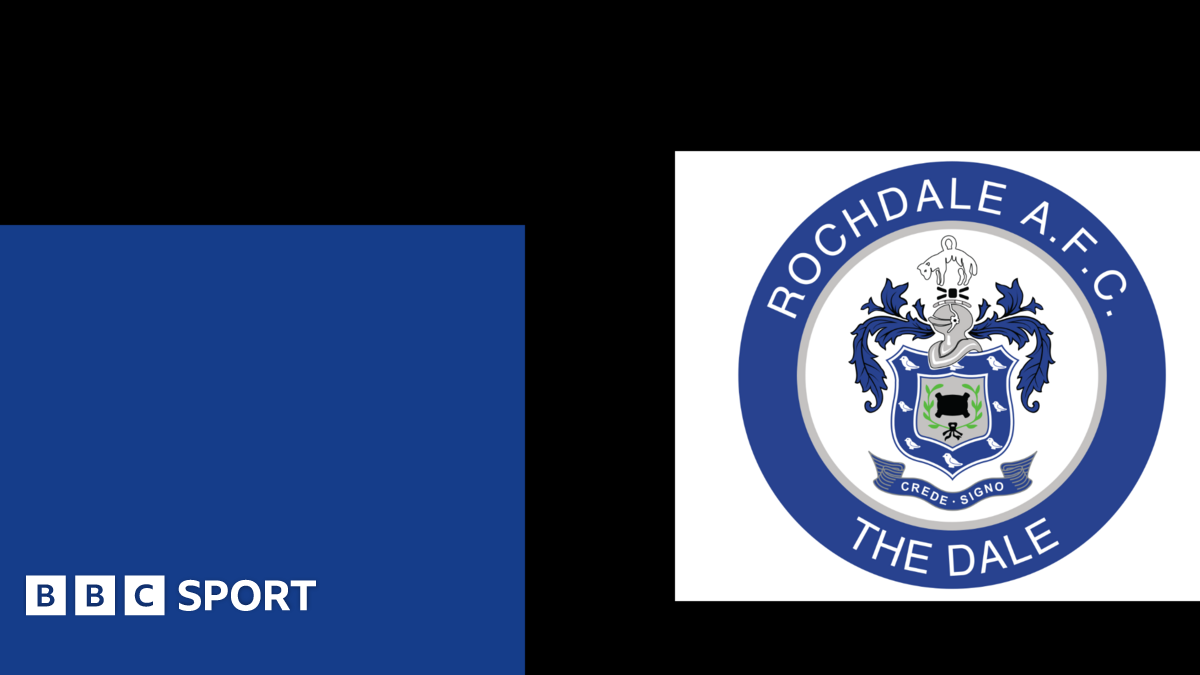

Harvey Gilmour: Rochdale midfielder extends contract until end of next season
Continue Reading
To continue reading please choose to download our free app, or visit the original website.


To continue reading please choose to download our free app, or visit the original website.